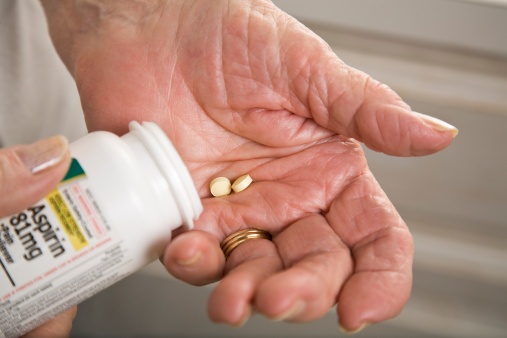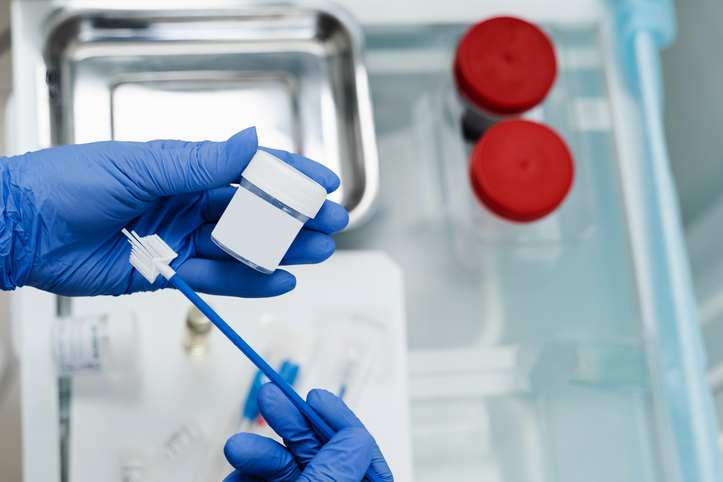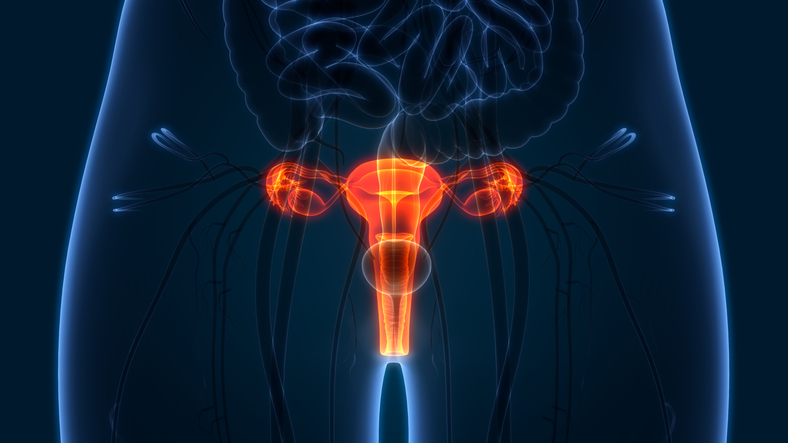
A study published in Annals of Internal Medicine found that the use of post-diagnosis low-dose aspirin did not improve survival of patients with prostate cancer. However, during extended exposure periods, low-dose aspirin may be inversely associated with prostate cancer mortality five years after diagnosis.
This nationwide cohort study was conducted in Denmark and included men diagnosed with incident prostate adenocarcinoma between 2000 and 2011. Researchers assessed the registry data for tumor characteristics, drug use, primary prostate cancer therapy, comorbidity, and socioeconomic information.
Low-Dose Aspirin Does Not Improve Survival in Short-Term
The researchers defined post-diagnosis use of low-dose aspirin as 75 to 150 mg with two or more prescriptions filled within one year of the prostate cancer diagnosis. Follow-up started at one year after the diagnosis, and secondary analyses assessed exposure over five to 7.5 years after diagnosis.
The study included 29,136 patients (median age, 70 years). After a median follow-up of 4.9 years (interquartile range, 3.1-7.2 years)—through 2015—7,633 men died of prostate cancer and 5,575 died of other causes.
Post-diagnosis low-dose aspirin use was associated with adjusted hazard ratios (HRs) of 0.95 (95% CI, 0.89-1.01) for prostate cancer–specific mortality and 1.12 (95% CI, 1.05-1.20) for other-cause mortality.
Long-Term Effects of Low-Dose Aspirin Use in Prostate Cancer Population
Mortality was slightly reduced with low-dose aspirin use after the five-year (HR, 0.91; 95% CI, 0.83-1.01) and 7.5-year (HR, 0.84; 95% CI, 0.72-0.97) post-diagnosis exposure periods. This decline was notably observed among patients filling prescriptions for a large quantity of low-dose aspirin tablets during the 7.5-year period.
Results from Danish study published @AnnalsofIM didnt support an overall effect of postdiagnosis low-dose aspirin use on prostate #cancer mortality but suggest lowdose #aspirin might be inversely associated w/ #prostatecancer mortality,5 yrs post diagnosis https://t.co/oJ26oSLxfE pic.twitter.com/jbFO0GSBff
— Gil Morgan, MD (@weoncologists) March 5, 2019







 © 2025 Mashup Media, LLC, a Formedics Property. All Rights Reserved.
© 2025 Mashup Media, LLC, a Formedics Property. All Rights Reserved.